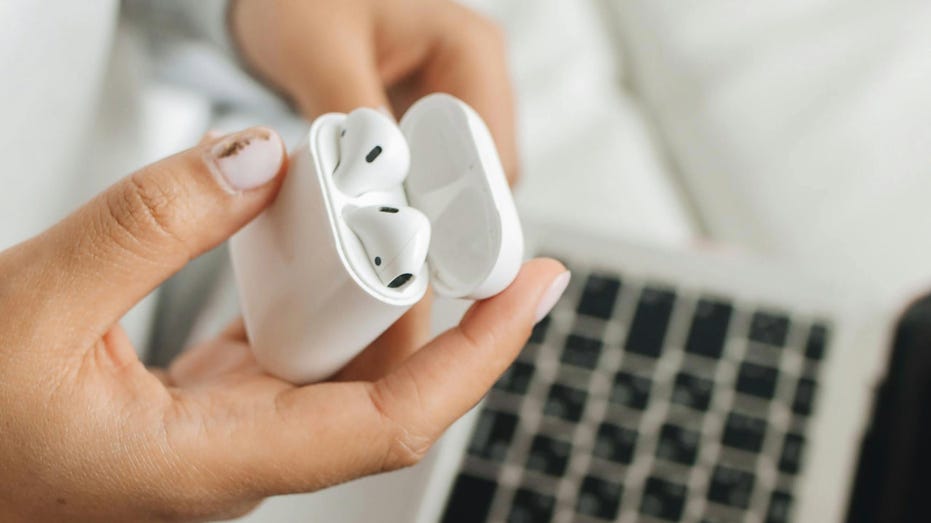Your own thoughts are just part of the picture – relationships are vital to the way you think
As a neuropsychologist I feel as if I’m supposed to start this article with an attitude of deep reverence towards the brain. I might highlight its staggering number of neuronal connections (comparable in magnitude to the number of stars in the Milky Way), or draw your attention to our ever more sophisticated tools for neuroimaging getting us closer to a complete picture of how the brain works, or simply gesture towards the profound mystery of matter giving rise to experience.
But although I do often experience something of that reverence, I think it can be a distraction in our efforts to understand thought. I know from clinical experience that if the brain is damaged, so too is our cognition, often in quite regular and predictable ways. If you suffer damage to your frontal lobe then you will probably become less able to control your behaviour. If you have a stroke in the relevant part of your occipital lobe, your ability to make sense of visual information will be reduced. This brain-cognition link is an increasingly central tenet of our scientific culture but with it comes a sense that we should understand ourselves as analogous to machines. Remove a part of the hardware and the software is damaged.

:format(jpeg):quality(80)/wp-content/uploads/2024/10/rapid-bucuresti-hb-ludwigsburg-liga-campionilor-22092024-scaled.jpg)

:format(jpeg):quality(80)/wp-content/uploads/2024/10/philippe-clement-criticat-pentru-felul-in-care-s-a-purtat-cu-ianis-hagi-la-rangers.jpg)

:format(jpeg):quality(80)/wp-content/uploads/2024/10/lidl-parkside-produs.jpg)
:format(jpeg):quality(80)/wp-content/uploads/2024/10/cum-isi-mentine-ion-tiriac-sanatatea-dieta-secreta-a-miliardarului-roman.jpg)
:format(jpeg):quality(80)/wp-content/uploads/2024/10/amalia-bellantoni-femeia-depus-contestatia-ccr-sosoaca-1.jpg)

:format(jpeg):quality(80)/wp-content/uploads/2024/10/fabrica-1.jpg)



:format(jpeg):quality(80)/wp-content/uploads/2024/10/unknown-1.jpg)
:format(jpeg):quality(80)/wp-content/uploads/2024/07/dus-timp-2.jpg)




:format(jpeg):quality(80)/wp-content/uploads/2024/10/plosnite-eliminare-trucuri-solutie.jpg)
:format(jpeg):quality(80)/wp-content/uploads/2024/10/geoana-2.jpg)
:format(jpeg):quality(80)/wp-content/uploads/2024/10/plante-ornamentale-si-arbori-exotici-crescuti-in-romania.jpg)
:format(jpeg):quality(80)/wp-content/uploads/2024/09/nicolae-cristescu-bocciu.jpg)
:format(jpeg):quality(80)/wp-content/uploads/2024/10/25-lei-plus-factura-curent-electric-bani-lei-contor-kw.jpg)


:format(jpeg):quality(80)/wp-content/uploads/2024/10/adelina-pestritu-influencerita.jpg)
:format(jpeg):quality(80)/wp-content/uploads/2024/10/fata-moarta.jpg)
:format(jpeg):quality(80)/wp-content/uploads/2024/09/horoscop-zilnic-zodii-2.jpg)

:format(jpeg):quality(80)/wp-content/uploads/2024/10/11-milioane-de-euro-i-am-oferit-gigi-becali-dezvaluiri-despre-un-nou-transfer-la-fcsb.jpg)